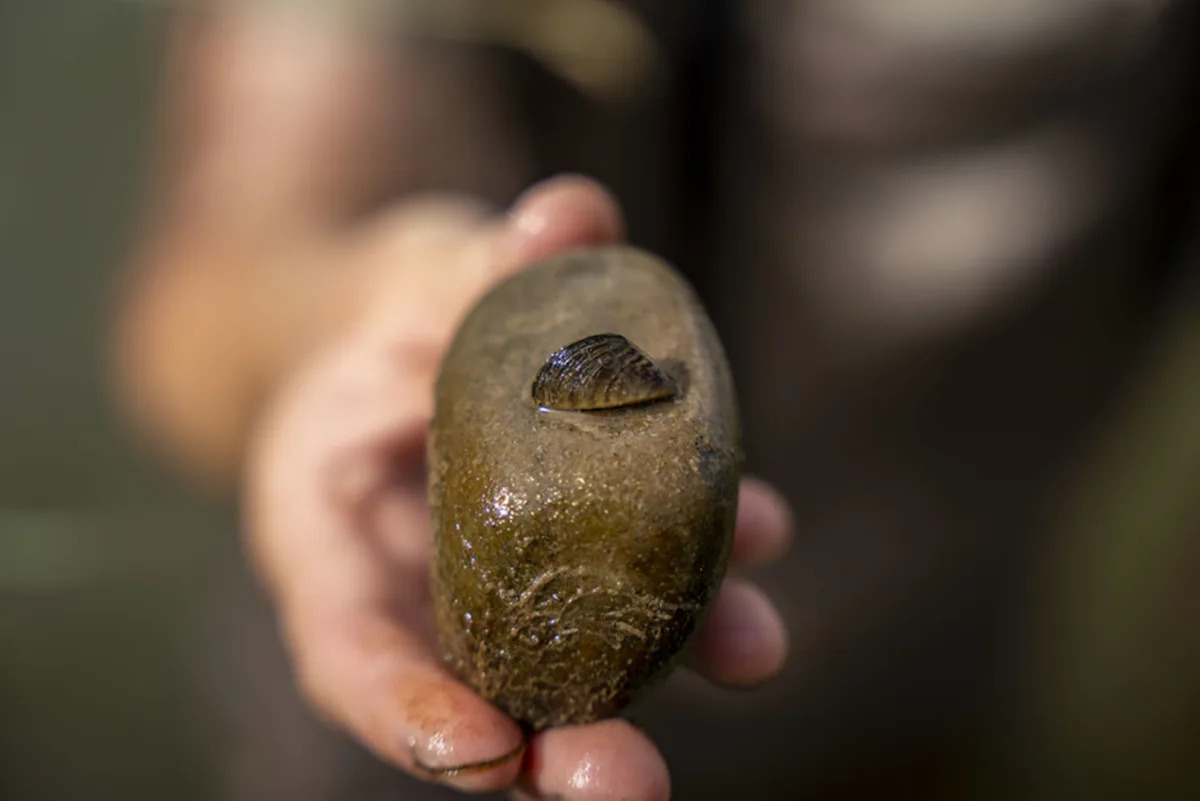Zebra mussels have invaded North America in a serious way. From the Canadian border to the Mississippi River, the National Park Service notes, these ecological nuisances have made themselves known.
While their presence in the Colorado River has been previously noted, recent sampling confirmed that the zebra mussel is much more established in the marine environment than previously thought, according to The Colorado Sun.
What’s happening?
In response to the sampling, the Colorado River from 32 Road Bridge to the Colorado-Utah border is now considered infested with invasive zebra mussels, the publication reported.
Previously, only zebra mussel larvae, known as veligers, had been detected in the river, but adults have now been located, leading experts to conclude that they have successfully infiltrated Colorado’s waters.
They have also been found in several other bodies of water in the state, leading these areas to be designated as “infested” as well.
“While this is news we never wanted to hear, we knew this was a possibility since we began finding veligers in the river,” Colorado Parks and Wildlife director Jeff Davis said in a news release, per The Colorado Sun.
Why are invasive zebra mussels important?
Zebra mussels, named so for their black stripes, are native to the Caspian and Black Seas, according to the NPS. They reproduce efficiently; a female can release up to one million eggs a year. Once established, they can block native mussels from moving, feeding, regulating water, and reproducing.
Freshwater mussels filter water, keeping it clean for the organisms that inhabit their environment. When zebra mussels hinder native ones from performing this task, bodies of water run the risk of becoming toxic.
These mussels also prevent erosion and sedimentation. This is critical to human communities as well, as water erosion can hinder human ability to produce enough food for survival.
What’s being done about invasive zebra mussels?
With the new knowledge that zebra mussels are thriving in Colorado’s waters, experts like Davis can develop a game plan to isolate the infestation to its current site. The Colorado Sun reported that there are no plans to treat the water to protect the integrity of native fish.
How often do you worry about the quality of your drinking water?
Click your choice to see results and speak your mind.
Because there is little to be done in the face of a zebra mussel invasion, the NPS says prevention is key. Boaters, therefore, are asked to clean their boats thoroughly to prevent the transportation of zebra mussels or their larva.
Public education and research are also of utmost importance.
Join our free newsletter for good news and useful tips, and don’t miss this cool list of easy ways to help yourself while helping the planet.
